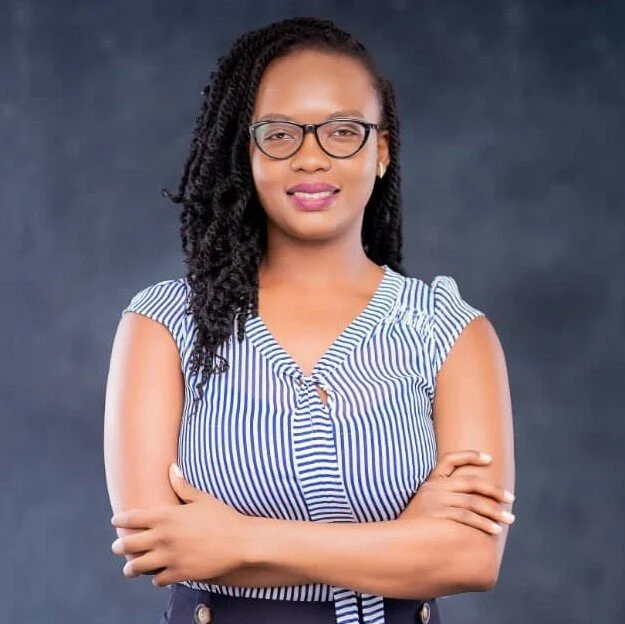Paulina Lucio Maymon (US-Canada 2021)
Paulina Lucio Maymon (31) is pursuing a Juris Doctor at American University Washington College of Law with an expected graduation date of May 2022. Her research interests focus on International Human Rights, Criminal Defense, and Gender Issues.
Born and raised in Mexico City, Paulina earned a B.A. from Universidad Iberoamericana, graduating first in her class. She holds a Master’s from Cornell University in Public Administration with a specialization in Human Rights, funded by a Fulbright. At Cornell, she studied the rights of indigenous women in Chiapas, one of Mexico’s poorest states. She has worked and volunteered in the U.S. and Mexico on cases defending the rights of women from around the world. “I decided to become a human rights lawyer to represent those members of society who have fallen through the cracks of a broken system,” she says.
Paulina’s current research focuses on women who kill their partners after years of abuse. The judicial systems in Mexico, the United States, Tanzania, and many other countries look only at the immediate killing—which tends to occur when an abused woman’s partner is incapacitated—and disregard the woman’s history of abuse. Therefore, most courts preclude women who kill their batterers from claiming that they acted in self-defense or in response to adequate provocation.
Paulina’s goal is to defend women and hold Mexico—and other countries—accountable for violating women’s rights. Upon graduation from law school, Paulina and her husband plan to return to Mexico City to launch their non-profit “Demos Justice,” which will provide free legal services and strategic litigation. She hopes to litigate a test case of a woman convicted for killing her domestic abuser to change the current practice and thus establish a precedent for international law.
In addition, Paulina dreams of creating a clinical education program in Mexico’s law schools to help teach law students via real cases while providing pro bono or low-cost legal advice to non-profits and women.
“Invest in me,” said Paulina, “and you will see my work reflected in the lives of other women.”








